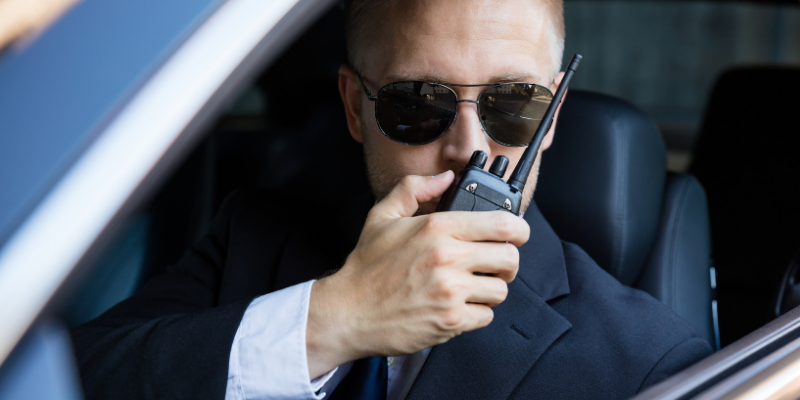We’re constantly under surveillance, even if we don’t realize it. Every time you go into a bank or us an ATM, your movements are recorded. Some of us even pay companies to keep us under surveillance all the time – just ask your home alarm company. But private investigators can do a lot more than your alarm company can.
Electronic surveillance is the most common when it comes to private investigations, and can include:
- Cameras
- Digital video equipment
- Wire tapping
- Home and/or individual monitoring
- Internet use tracking
- Computer tapping
But none of these things are legal in and of themselves; that’s why private investigators must be trained in different elements of surveillance laws.
What does a Private Investigator Do, Exactly?
What a PI does depends on the job s/he accepts. Some clients may request that the PI go undercover, while others may wish for the PI to be as invisible as possible. When it comes to surveillance, however, your PI:
Gathers any materials s/he needs to conduct the investigation, such as cameras, sound recording devices, digital recording devices, etc. For investigators going undercover, supplies may be collected that help support the cover story for the PI.
Conducts research about the client and the person/area under surveillance. The investigator will need time to collect information about his/her client, and that client’s relationship with the person or place under surveillance. A background check will probably be necessary for both the client and the person under surveillance. When observing buildings, data collection may include blueprints and security tapes.
Documents procedures in accordance with surveillance laws. Illegal investigations may be thrown out in courts, so the PI must document everything s/he says, does or hears. This evidence, which may include video- or audio tapes, photographs and interviews with witnesses, must be have accurate times and dates included on all of it.
Prepares camouflage for discretion. Most PIs involved in fixed surveillance, more commonly known as a “stakeout,” use cars or vans. However, strange cars are often noticed by people who live in or near the neighborhood. Therefore, it’s important that the PI familiarize him/herself with the neighborhood BEFORE beginning surveillance, to avoid being spotted by local community members. PIs who are shadowing, or “tailing,” someone often camouflage their appearance to avoid detection and recognition.
Once the preparations are made, the PI can begin his/her surveillance. This may include following the person under observance by foot or by car. Often times, investigators will sit in an area where the person under surveillance can be observed clearly, but the PI him/herself will be less conspicuous. Some PIs conduct interviews with friends, family and coworkers of the person they are observing, which helps them anticipate what the next move of their target. Then, the PI reports back to his/her client with any relevant information about the target.
The important thing to remember about undercover surveillance is that it takes time. Your PI will spend hours documenting even the most benign movements and conversations so you don’t have to. But if “nothing happens” during a day of observation, your PI will have nothing to report. Sometimes these investigations can take weeks or even months, so patience is necessary on everyone’s behalf.


